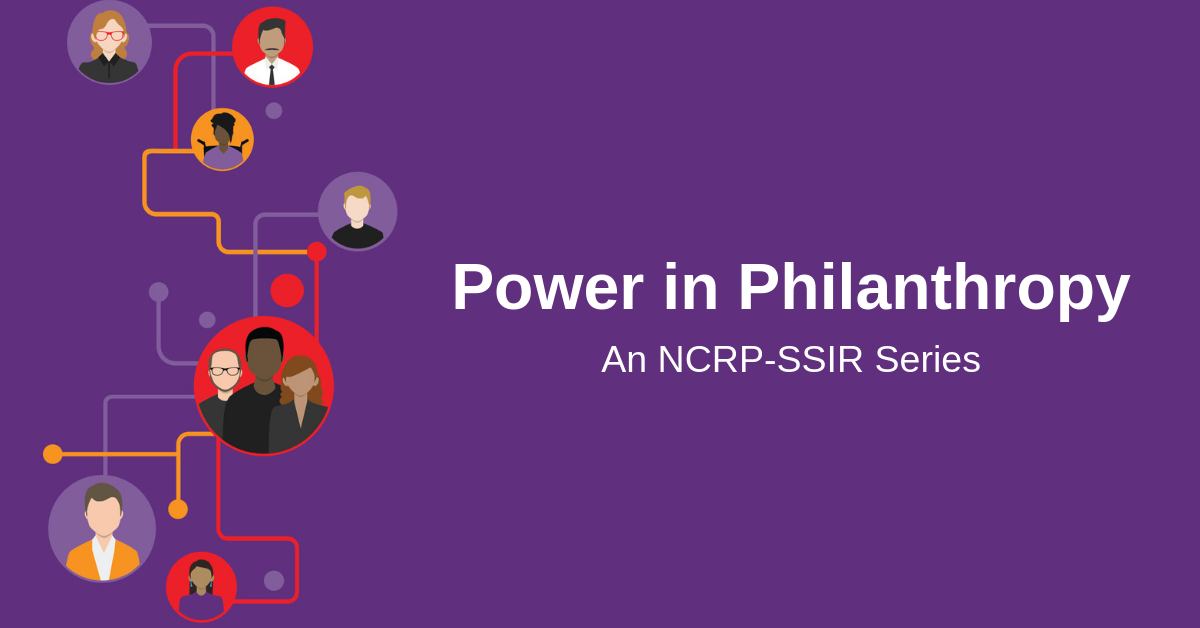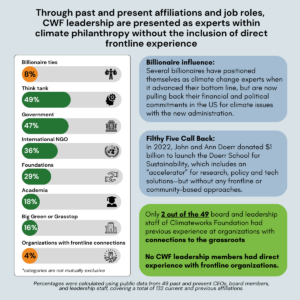How can grantmakers join their power with community power to create lasting, equitable outcomes?
Many grantmakers want to see better outcomes in our communities and solve long-standing inequities on education, health, economic mobility and other social issues.
But equitable change rests on the use of power to change systems, policies and attitudes. And whose power? How can grantmakers effectively use power for positive, lasting change?
A new SSIR series
NCRP has teamed up with the Stanford Social Innovation Review in Power in Philanthropy, a new series based on “Power Moves: Your essential philanthropy assessment guide for equity and justice.”
During the next few weeks, the series will feature diverse perspectives from funders, nonprofits and others on the three dimensions of power: building power, sharing power, and wielding power.
It will reframe popular concepts in philanthropy such as risk, capacity building and public leadership through the lens of power and equitable outcomes.
Dive in!
Please read and share with your colleagues and networks the first post in the series. Don’t forget to also share comments, questions and insights, and encourage your contacts to do the same:
 Power, privilege and effectiveness: Are funders connecting the dots?
Power, privilege and effectiveness: Are funders connecting the dots?
by Kathleen P. Enright, President and CEO, Grantmakers for Effective Organizations
To advance equity more effectively in collaboration with nonprofits and communities, grantmakers must share power with and leverage privilege for nonprofits and communities.
New posts coming soon
Don’t miss posts by Alison Corwin of Surda Foundation, Luz Vegas-Marquis of Marguerite Casey Foundation, Barbara Hostetter and Jim Canales of Barr Foundation, Ruth Cummings and Sharon Alpert of Nathan Cummings Foundation and others.
Visit Power in Philanthropy on SSIR
Or stay tuned on NCRP’s blog for links
to the latest articles in the series.
Join the conversation on #PowerMovesEquity.
































































































































































































































































































































































































































